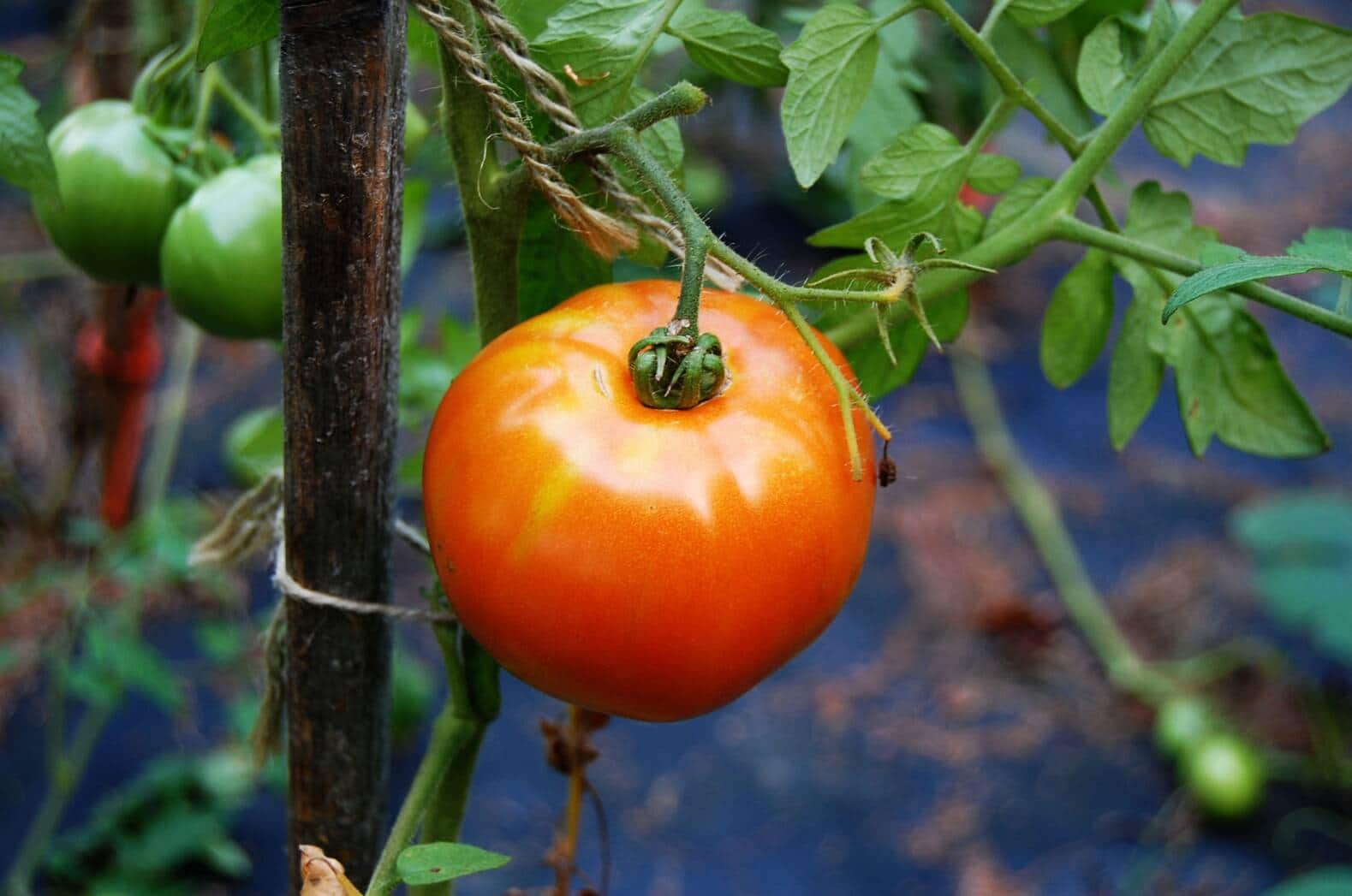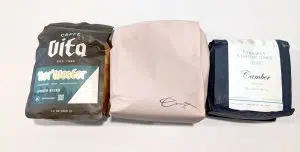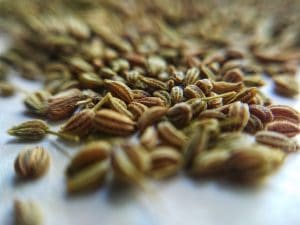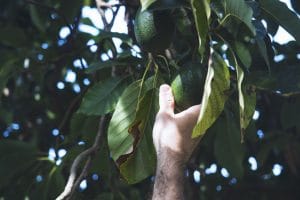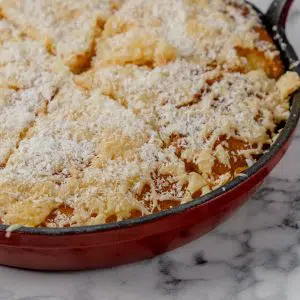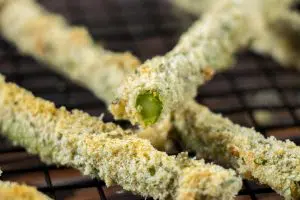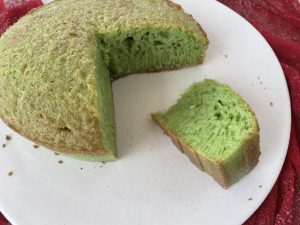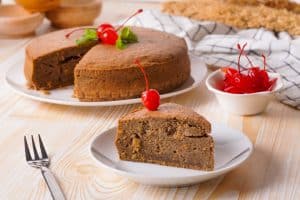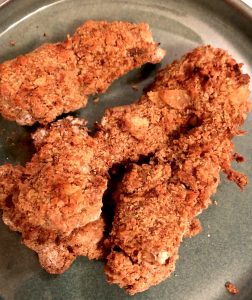Are Coffee Grounds Good for Tomato Plants?
Important Note: When you buy through our links, we may earn a commission. As an Amazon Associate we earn from qualifying purchases. Content, pricing, offers and availability are subject to change at any time - more info.
You might have heard that coffee grounds make great fertilizer for plants in general and tomatoes in particular. Or that they keep slugs away or help make great compost. But is any of it true? Let’s find out.
What’s In Coffee Grounds
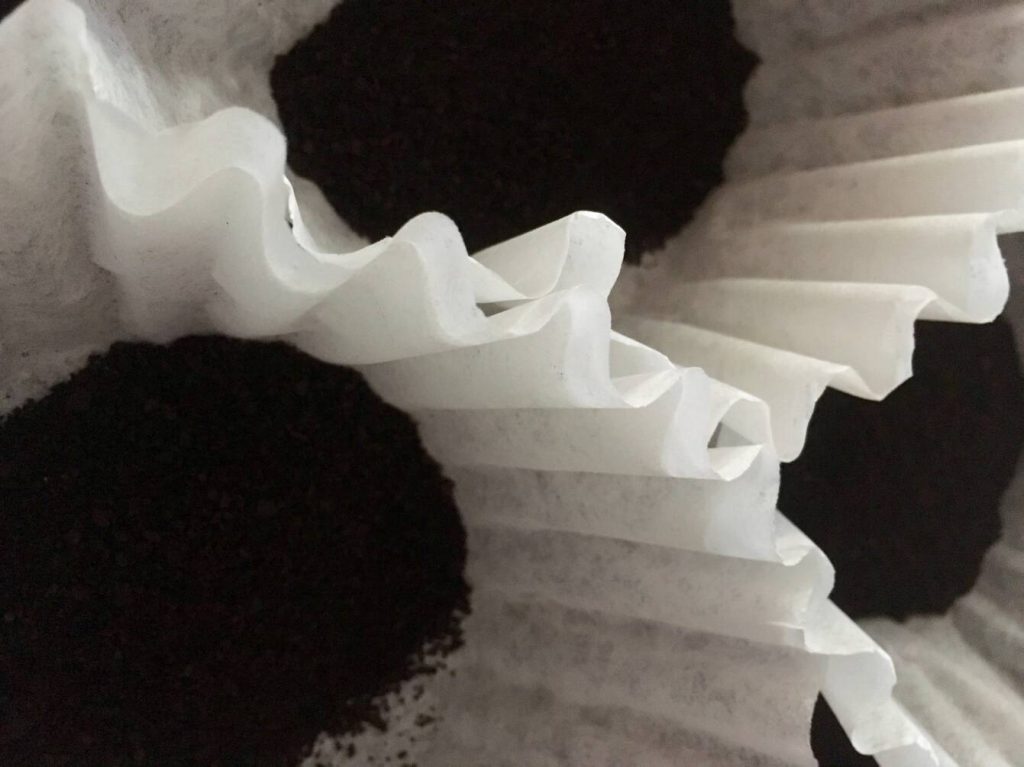
Spent coffee contains caffeine, a natural antibiotic, and several nutrients including nitrogen, potassium and phosphorus, the same three nutrients in plant fertilizers. Seems like a no-brainer to use grounds instead of shelling out bucks on fertilizer.
But there are not that many of these nutrients to take the place of commercial fertilizers. As for acid, while coffee is acidic, the acids have been leeched by the brewing process, so there’s not much left in the grounds.
Some people swear that coffee grounds are the key to their healthy house plants and bountiful vegetable garden. No harm in using some, but there are a few things to keep in mind.
Decaffeinated or Regular?
It turns out that the caffeine in grounds can be a problem – not just for plants but for any creatures that visit your garden. High caffeine blends or espressos will still have a significant amount of caffeine in their grounds. Decaf grounds are a safer alternative.
How to Used Coffee Grounds for Fertilizer
The nutrients in coffee grounds do not make a good fertilizer on their own. They’re best mixed with garden or potting soil, serving as a soil conditioner. If you’re using caffeinated grounds, “dilute” them much more to avoid critters ingesting too much caffeine.
Coffee’s antibacterial properties may help lessen the occurrence of certain plant diseases, though the evidence is mostly anecdotal.
So, What About Tomatoes?
Coffee grounds have a pH level close to the ideal level for tomato plant soil. Try mixing some in with your potting or garden soil and add some commercial fertilizer as well. To fertilize after planting, spread the grounds around the plants and lightly mix in with the top layer of soil. Don’t use coffee grounds more than once a week to give them time to break down.
You may find your tomatoes have a different flavor than you’re used to. Tomato flavor is heavily influenced by soil, so even if you don’t use grounds to fertilize, just mixing some in at initial planting will affect the taste, which, according to many gardeners, is for the better.
What About My Compost Bin?
Bad news for composters. Too much caffeine in your compost bin can kill worms. Plus, caffeine’s antibiotic properties impede the growth of beneficial bacteria needed to convert food waste to compost. Add sparingly or use the grounds for other purposes.
Do Coffee Grounds Keep Slugs Away?
Some people swear that the smell of the grounds keeps the slugs away. More likely, it’s the dry grounds that are irritating the slug’s skin. It’s worth a try but if it doesn’t work, sprinkle broken eggshells around slug-infested plants instead.
What Else Can I Use Coffee Grounds For?
I’ve seen a lot of posts on the seemingly endless uses for coffee grounds, but these two are not too messy and useful for most of us.
Deodorizer
Dry the coffee grounds, then pour them into an open jar or container with a vented top. Place in musty areas, the fridge or leave in the kitchen to help neutralize food smells. You can also use the grounds to wash your hands to remove odors.
Scrubber
Coffee grounds have a slight abrasiveness that you can use to clean pots, dishes and even garden tools. Mix with soap or use on their own.
